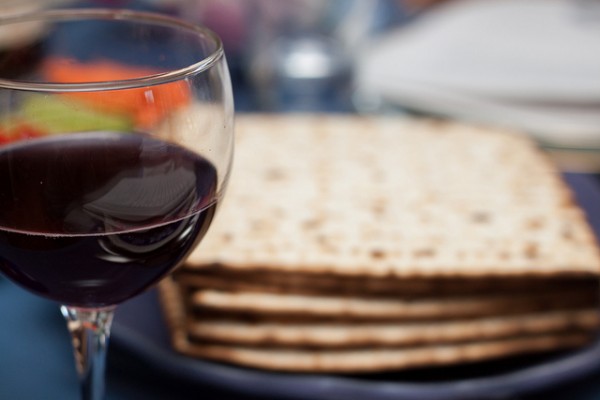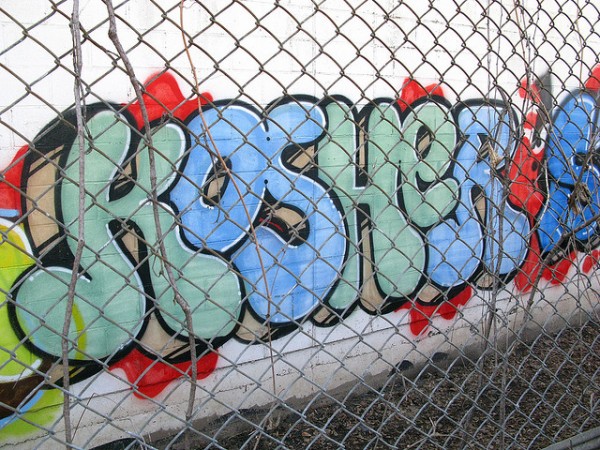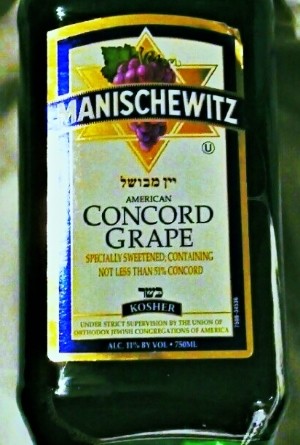Kosher Wine
Contributed by on Feb 04, 2015
Zero readers love this post.
What makes wine Kosher and why don't kosher wines commonly sold taste that good to me?
The word “kosher” means “proper” or “correct”. The kosher winemaking process must be entirely supervised by a Sabbath-observant male Jew. Contrary to popular belief, kosher wines are not blessed by a rabbi. Wines are made kosher so that blessings can be made on and over them by almost everyone. Kosher wine laws are the oldest winemaking laws in the history of the world. All ingredients and additives must be kosher. Wine must be free from contact of animal products, insects, grain, bread, and dough. Winemakers sometimes use egg white or gelatin,made from animal products, for a “fining“ ingredient to make wine more clear. These “finings” would not be kosher. Physical cleanliness standards are strictly mandated in regards to production equipment. For example, equipment must be commercially steam cleaned three times, using scalding hot water and blowtorches when needed. To be marketed and sold commercially it must have seal of approval by a kosher supervision agency. The laws concerning kosher wine production centers more with who handles the wine than what the use to make it.
The American kosher wines I am familiar with are made from sweet Concord grapes from wineries started by Jewish immigrants in New York. A century ago, Jewish immigrants to America found Concord grapes to be plentiful, but with a so called “foxy” character. For this reason, kosher wine was kept sweet to make it more palatable. When I was child, I would find kosher wine in the refrigerator (my parents weren't ever and did not become Jewish so I never understood why they drank kosher) and I felt obliged to sample it. Even then I found the wine to be too sweet. I have now also found out that these wines are boiled. In addition to Concord grapes, kosher wines of today are made from classic grape varieties as Cabernet Sauvignon, Merlot, Syrah. Chardonnay, and Sauvignon Blanc. Kosher wine is made in Israel, Napa Valley, and the St-Emillion region of Bordeaux. A California winery named Baron Herzog produces wine under two separate labels: Baron Herzog and Herzog Wine Cellars in the city of Oxnard. They are separate facilities as one is kosher and one is non-kosher.
I mentioned boiling, or yayin mevushal, earlier. Why are some kosher wines boiled? Boiling allows anyone to touch the wine after boiling, and it kills any yeast that might be left in the wine. Boiling will not make a non-kosher wine kosher, and it is not required to make wine kosher. What boiling or flash pasteurization does is to allow the non-Jewish winemaker to enter the barrel room, and extract a sample of wine for tasting. After mevushal process, the non-Sabbath Observant person can pour the wine-which cannot be done with a non-meshuval wine.
Jim St. Germain is president of St. Germain Cellars and the resident hops enthusiast. When he isn't evangelizing IPAs (75+ IBUs!), he enjoys a nice glass of pinot noir or good whiskey, neat.
Resources
en.m.wikipedia.org/wiki/Kosher_wine
J. Robinson “The Oxford Companion to Wine”
Abarbanel Wine Co. kosher-wine.com/history.shtml
http://www.covenantwines.com/a-brief-history-of-kosher-wine
www.herzogwinecellars.com/history.php
(Image Credits: Tim Sackton/cc 2.0, Aaaarrrrgggghhhh!/cc 2.0, Elias Friedman/cc 2.0)



